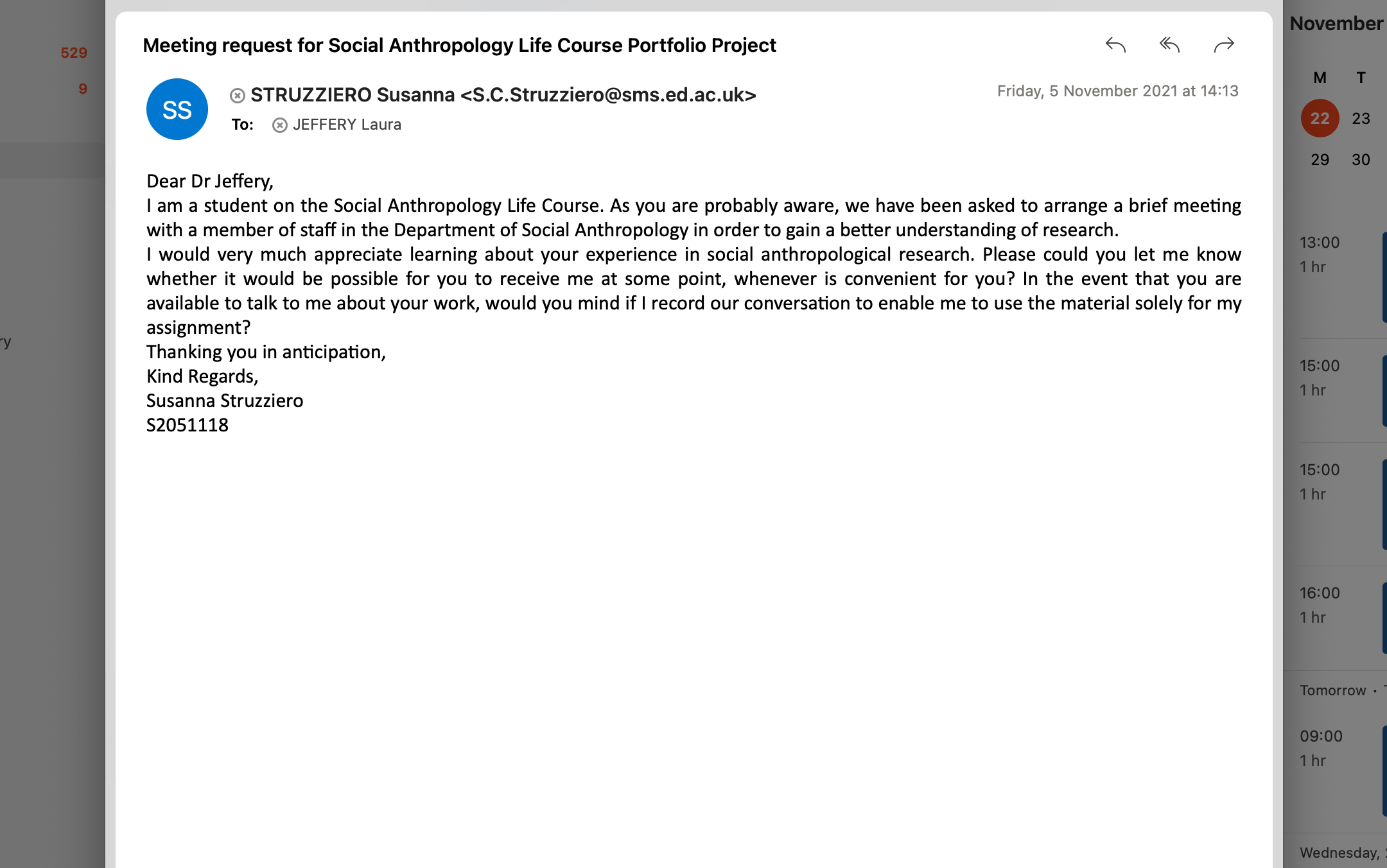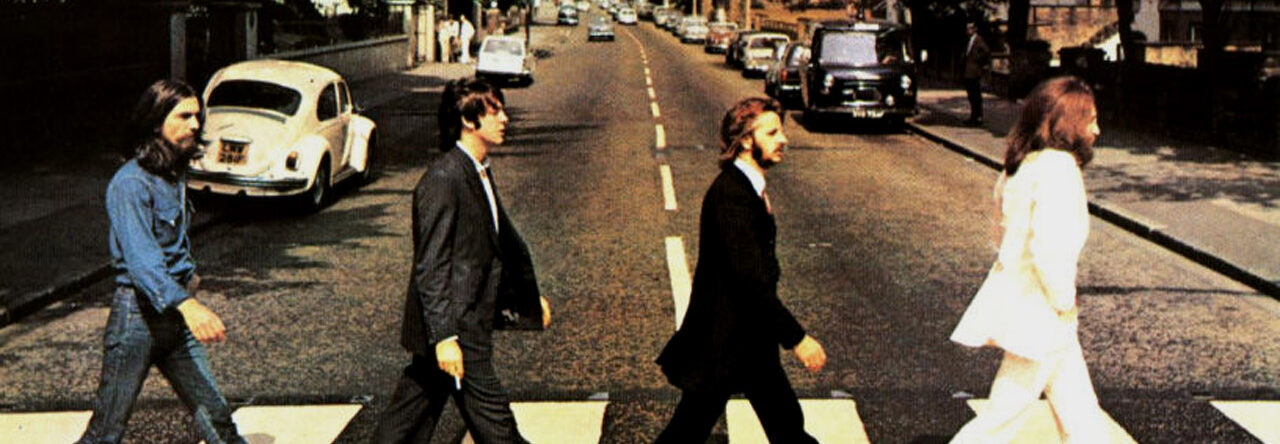Dr Laura Jeffery is a Professor of the Anthropology of Migration and her research interests include participatory arts methods and creative engagement with migration and displacement, as well as intangible cultural heritage and human-environment relations in protracted displacement contexts. Much of her research regards Indian Ocean islands (particularly Chagos, Mauritius, Seychelles and Maldives).
This article introduces an arts-based method of approaching migration. Contributions recount personal stories through various forms of art, such as poetry, photography and painting. As stated in the article, this approach allows researchers “to capture aesthetic, emotional, sensory, and tacit experiences that cannot easily be expressed in words” (Gauntlett 2007; Eisner 2008; Bagnoli 2009; Ball and Gilligan 2010). It gives migrants a chance to tell their stories from their point of view and it is basically ‘a research with rather than about migrants.’ The first question I asked Dr Jeffery was about her favourite entry in the collection. She replied that some of her favourite contributions were undoubtedly some of the poetic works, as they gave both researchers and migrants a way to analyse and articulate the message they were trying to deliver.
I then asked Dr Jeffery about the recommended length of stay for fieldwork. Having spent 15 months in the Mauritius Islands from 2002-2004, she emphasized the importance for an anthropologist to see every season of a place, therefore spending at least a year living among the population is fundamental. It was interesting to learn that that Dr Jeffery speaks to the local people in these islands in a French-based language. Unfortunately, recent travel restrictions have temporarily halted foreign fieldwork.
Bibliography:
Jeffery Laura, Palladino Mariangela, Rotter Rebecca, & Woolley Agnes. ‘Creative Engagement with Migration.’ Crossings: Journal of Migration & Culture, Vol. 10, N°1, 1 April, 2019, 3-17.
Email to Dr Jeffery requesting a meeting:




Leave a Reply